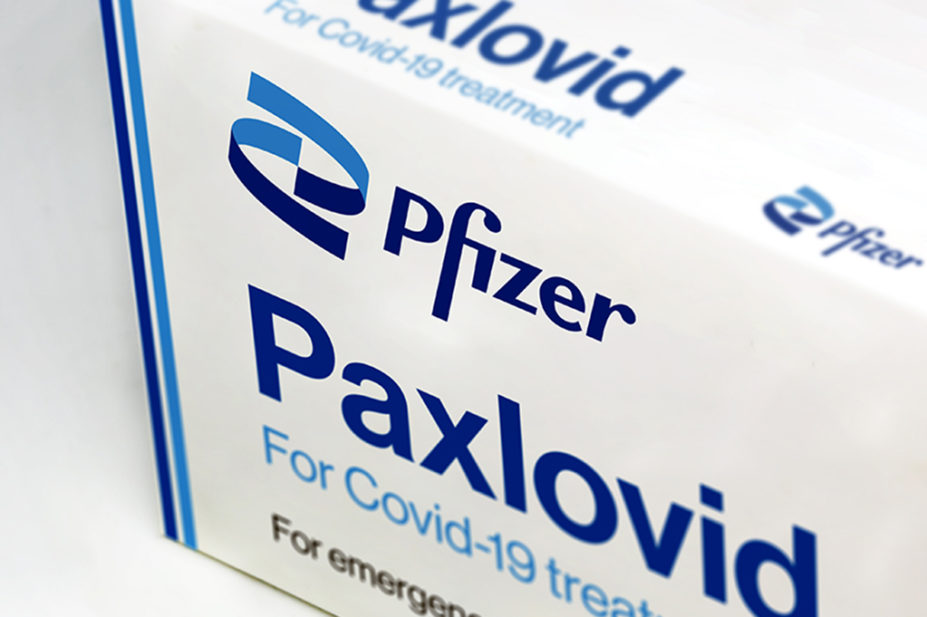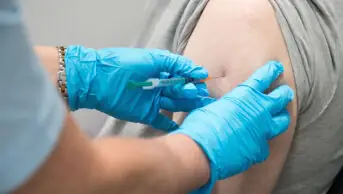
Shutterstock.com
The COVID-19 antiviral Paxlovid (nirmatrelvir + ritonavir; Pfizer) is associated with a 46% reduced risk of progression to severe COVID-19 or mortality, regardless of vaccination status, study results published in Clinical Infectious Diseases have suggested.
The treatment has also shown high effectiveness against infection with the Omicron variant of COVID-19; however, the results confirm that having vaccination against SARS-CoV-2 remains the most effective treatment in preventing severe illness.
In the study, which was conducted by researchers in Israel, a database of the largest healthcare provider in the country was used to identify all adults aged 18 years or older who had their first positive test for COVID-19 between January 2022 and February 2022, were at high risk for severe COVID-19, and had no contraindications for Paxlovid use.
Overall, 180,351 people were eligible, 4,737 of whom were treated with Paxlovid and 135,482 had received ‘adequate’ COVID-19 vaccination.
The researchers found that both Paxlovid given in the first five days of infection and adequate COVID-19 vaccination status were associated with a significant decrease in the rate of severe COVID-19 or mortality, with an adjusted hazard ratio of 0.54 (95% confidence interval [CI], 0.39–0.75) and 0.20 (95% CI, 0.17–0.22), respectively.
Paxlovid also appeared to be more effective in older patients, immunosuppressed patients, and patients with underlying neurological and cardiovascular disease.
The authors of the study said that although the magnitude of the risk reduction was larger in the EPIC-HR trial, which concluded that Paxlovid reduced the risk of hospitalisation and death by 88%, this was likely owing to several differences between the studies, including the fact that the Delta strain of COVID-19 was the dominant variant at the time of the EPIC-HR trial.
“Importantly also, the EPIC-HR trial included only patients that were unvaccinated for COVID-19, while in the current study both vaccinated and unvaccinated patients were included,” they added.
“However, a subgroup analysis in our study showed that the magnitude of the effectiveness of Paxlovid is similar in vaccinated and unvaccinated patients.”
Commenting on the data, Penny Ward, visiting professor in pharmaceutical medicine at King’s College London, said: “This is a retrospective study looking at the impact of Paxlovid as a treatment for COVID-19 in the Israeli population using healthcare database data. The population was predominantly fully vaccinated. There is some evidence of selective prescribing of Paxlovid with the demographic features of the treated population indicating use predominantly in the older population with other comorbidities predisposing to more severe disease and mortality.
“Regrettably, the authors did not case-match Paxlovid recipients to a similar population not treated, which may have been difficult due to potential prescribing bias, and thus the full impact of antiviral treatment in this heavily pre-vaccinated population might have been underestimated, given that younger adults with fewer comorbidities were more heavily represented in the group that did not receive Paxlovid.”


